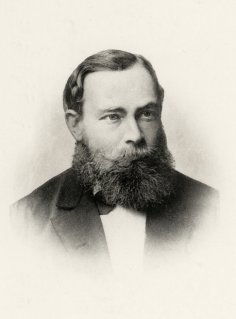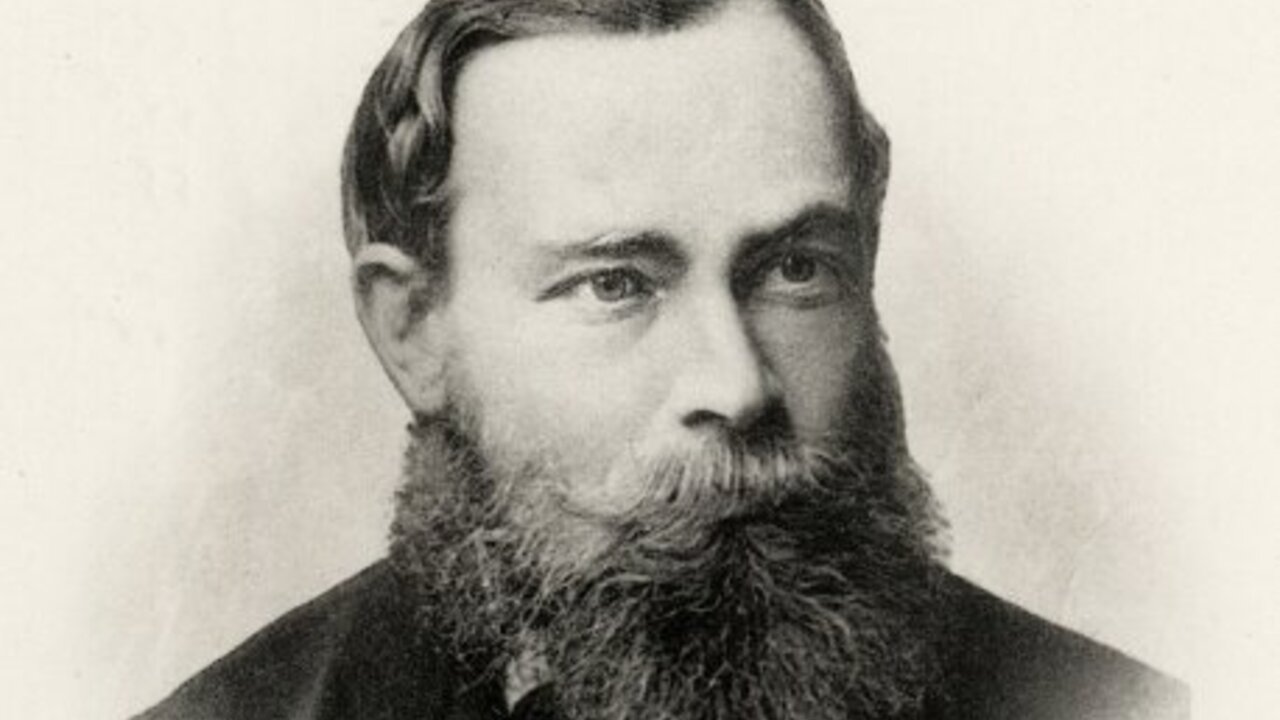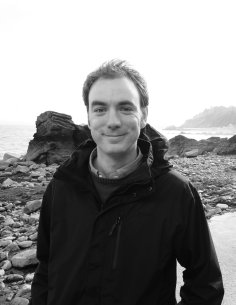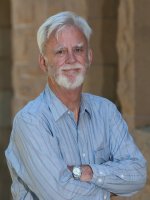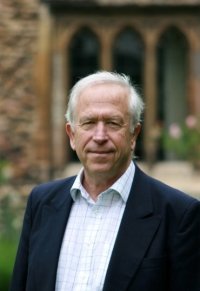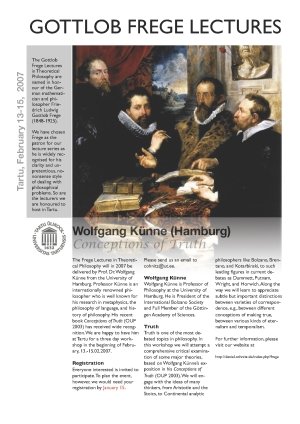Huw Price (University of Cambridge): Naturalism, Pragmatism and Representationalism
Loengute salvestused
Foto: Bruno Mölder, Tartu Ülikool
The Lecturer
Huw Price is Bertrand Russell Professor of Philosophy at the University of Cambridge and a Fellow of Trinity College, Cambridge as well as Academic Director of the Centre for the Study of Existential Risk, which he founded in 2012 with Martin Rees and Jaan Tallinn. Previously he has been a professor at the University of Sydney and at the University of Edinburgh. He is a Fellow of the British Academy and the Australian Academy of the Humanities.
Price has published books on philosophy of physics (Time's Arrow and Archimedes' Point (OUP, 1996); (co-ed with Richard Corry) Causation, Physics, and the Constitution of Reality: Russell's Republic Revisited (OUP, 2007)), and on topics such as truth, naturalism, pragmatism and expressivism (Facts and the Function of Truth (Blackwell, 1988), Naturalism Without Mirrors (Oxford University Press, 2011), Expressivism, Pragmatism and Representationalism (Cambridge University Press, 2013).
The Topic
Huw Price will deliver three lectures, under the general title "Naturalism, pragmatism and representationalism"
There has been much recent interest in a position variously described as global or universal expressivism, or as non-representational pragmatism. For example, in a 2015 interview Allan Gibbard describes his progress to such a view, saying “As I use the term ‘expressivism’, I, like Price and Horwich, am a universal expressivist.” Other enthusiasts for the view, from rather different directions, include Robert Brandom and Simon Blackburn. In these lectures, Price sets out his own motivations for taking such a view seriously, and his conception of what it involves.
June 27 - at Jakobi 2, 336
11:15-12:45: Two Notions of Naturalism
15:15-16:45: Representationalism – From Nihilism to Dualism
June 28 - at Jakobi 2, 336
11:15-12:45: The End of ‘the World’
Frege lectures are rounded off with a public discussion on existential risks between Huw Price and Jaan Tallinn, a founding engineer of Skype and Kazaa. Tallinn is a co-founder of the Cambridge Centre for the Study of Existential Risk (cser.org), Future of Life Institute (futureoflife.org), and philanthropically supports other existential risk research organizations. He is also a partner at Ambient Sound Investments (asi.ee), an active angel investor, and has served on the Estonian President's Academic Advisory Board.
16:15-18:00: A Taxi to the Twenty-Second Century – the Cambridge-Tallinn Connection. At Jakobi 2, lecture theatre (226)
Huw Price and Jaan Tallinn met in a taxi in Copenhagen in 2001. From that unpromising starting point, they came together with the distinguished British astronomer, Lord Martin Rees, to co-found a Centre in Cambridge to increase the probability that this will not be, in Lord Rees' words, "our final century". In this event Price and Tallinn will talk and answer questions about the history and vision of their Cambridge Centre for the Study of Existential Risk (CSER.ORG), and the broader global community of researchers of which it is now an important part.
Supported by the Centre of Excellence in Estonian Studies (European Union, European Regional Development Fund).
